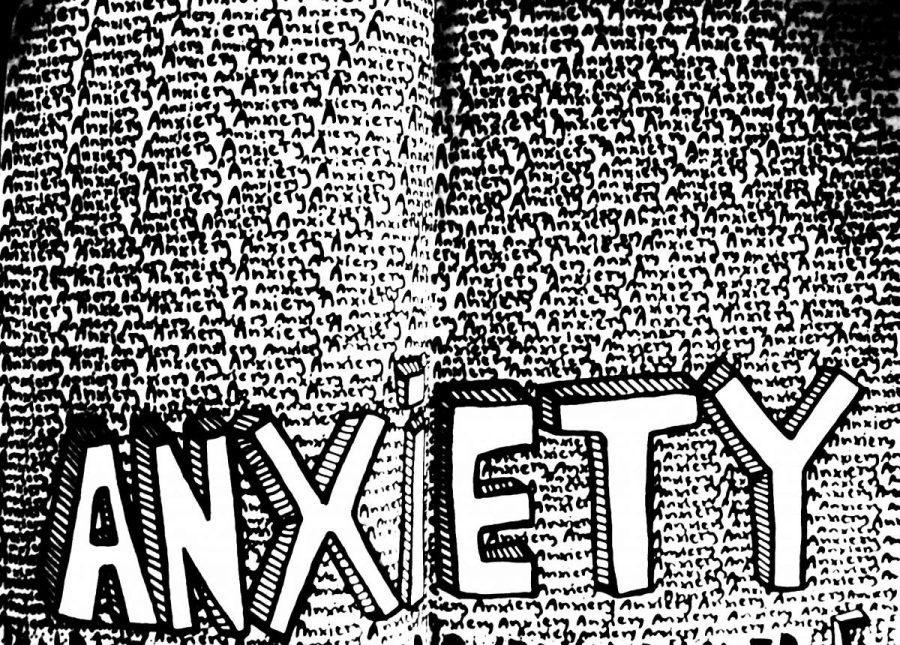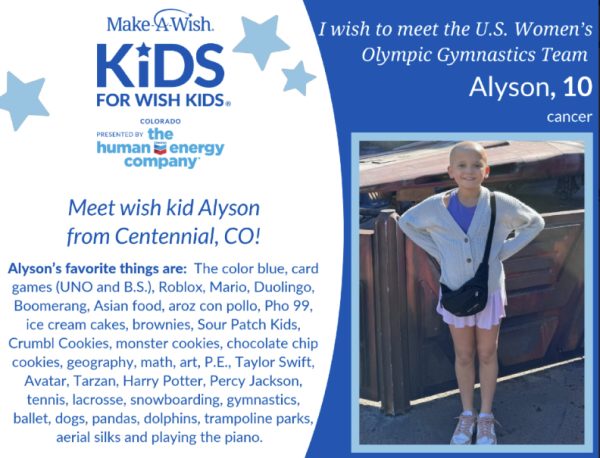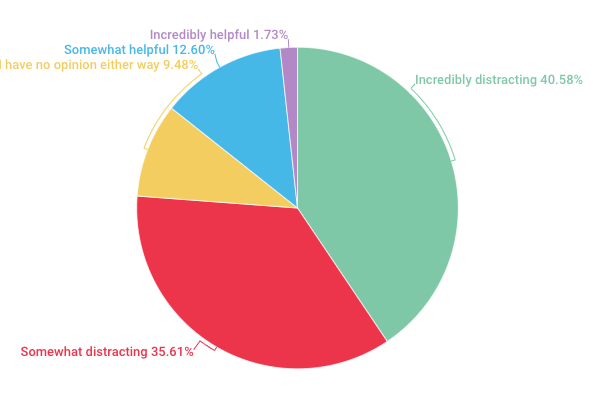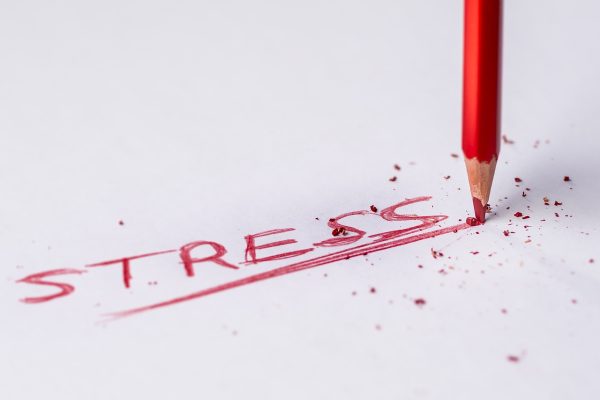Anxiety, i guess
February 27, 2018
Anxiety is normal for people who get stage fright sometimes or get nervous in difficult situations. But anxiety disorders can ruin and control your life, it doesn’t get better or go away. It can intervene with social and professional issues that may need your attention. There are multiple disorders regarding anxiety and one of them is Generalized Anxiety Disorder (GAD). People with GAD worry excessively and show the following symptoms for months at a time:
- Being easily fatigued
- Difficulty concentrating or having their minds go blank
- Irritability
- Muscle tension
- Difficulty controlling the worry
- Sleep problems (difficulty falling or staying asleep or restless, unsatisfying sleep)
People with GAD find it extremely difficult to control their anxiety or worry about certain situations, if not all. Roughly 3.1% of the US pop. or 6.8 million people are affected by GAD in a given year. Women are twice likely to be affected but the exact reason behind why GAD affects people is unknown, although biological and experiences may play a role in the creation of said disorder.
Another example would be Social Anxiety Disorder, commonly known just as a social phobia, is a anxiety disorder surrounding the fear of social situations in which the person affected by the disorder expects to be judged and rejected by people. The most common symptoms include: Feeling highly anxious about being with other people and having a hard time talking to them
- Feeling very self-conscious in front of other people and worried about feeling humiliated, embarrassed, or rejected, or fearful of offending others
- Being very afraid that other people will judge them
- Worrying for days or weeks before an event where other people will be
- Staying away from places where there are other people
- Having a hard time making friends and keeping friends
- Blushing, sweating, or trembling around other people
- Feeling nauseous or sick to your stomach when other people are around
- Blushing
- Excessive sweating
- Lump in throat/trouble swallowing
- Muscle tension, weak voice, shaky hands
Social anxiety may run in families but there is no true reason for why is happens. Misreading facial cues may lead to worrying, and undevelopment with social skills may also have a risk for causing social anxiety
https://adaa.org/understanding-anxiety/generalized-anxiety-disorder-gad#












KylieSoms • Jun 27, 2018 at 10:36 am
I was taking 3 medications and decided to bio hack it so I could get off them!
I decided to understand WHY this was happening to me, and realized there are countless people who were in worst situations than myself who climbed out of it.
Advice like this is amazing. I paid a ton of money for answers and found so much great help and support, private FB groups, guides like http://www.forgetmyanxiety.com/isr-method-now and just believing in my self. You can do this, we only get life once.
How much is that worth?
i’m still working at it everyday but I now have an awesome career, great relationship and feel happy.